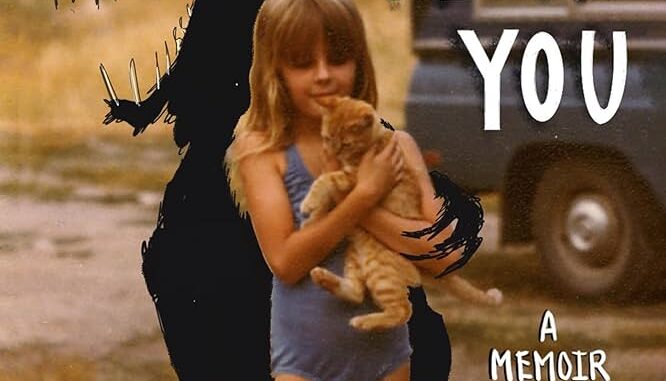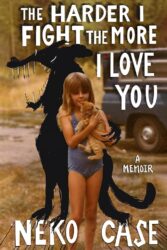
 Neko Case’s memoir provides a starkly honest picture of her early life as well as the route by which she came to be the artist and the person she is today. The book takes us from her birth in Virginia to parents she says were totally unsuited to their role and subsequent early relocation to Washington state, where she spent the vast majority of her childhood.
Neko Case’s memoir provides a starkly honest picture of her early life as well as the route by which she came to be the artist and the person she is today. The book takes us from her birth in Virginia to parents she says were totally unsuited to their role and subsequent early relocation to Washington state, where she spent the vast majority of her childhood.
Case paints a picture of a little girl desperate for her mother’s approval and affection while at the same time having an awareness of a distance between them. Shockingly, her mother disappears, faking her own death, when Case is six. A funeral is held, and Case is told her mother was taken ill and died. She returns a few years later with a new boyfriend in tow, claiming to have had cancer and disappeared to spare Case and other family members the pain of seeing her demise. Her daughter accepts this as she is so glad to see her mother again, but the adult Case holds some scepticism about what the family did and didn’t do.
Later, we learn that there were strands of abuse in both her parents’ families and that they had been victims of them. Case grew up mainly living with her father, who was both depressed and showed little inclination to look after his daughter. She has some happier memories of interacting with cousins during holidays, as well as an early and lifelong love of horses. There is one particularly heartwarming episode where, when staying with her mother in Vermont, she makes friends with a local girl whose family have a horse. The family involves her in their life, taking Case and her friend to a horse show. It’s a glimpse of how a family might have been, and she recalls the episode with much affection.
Back in the Pacific Northwest, Case’s teenage years see her hanging with friends and getting in with the local music scene. She leaves home early while still going to school. Shorn of any parental protection, she is vulnerable and, at one point, is raped by a friend’s brother. The friend indicates to Case that she is the one to blame.
The memoir takes in her early bands and relationships before she goes to college in Vancouver. There, she remains involved with the local music scene playing with bands leaning to both punk and country. She was initially a drummer and features on releases by two Vancouver acts – Cub and Maow – both on Vancouver indie imprint Mint Records.
Case’s first solo album, “The Virginian” (credited to Neko Case and Her Boyfriends), was released on Mint in 1997 and marks her first recorded output in the country vein. The songs are all written by others. By the time “Furnace Room Lullaby” comes about a couple of years later, Case is contributing to the material and has brought together many of the artists with whom she has worked since on her records and in her live band. The musical side of Case’s memoir, though, is second to the personal.
The personal, however, is well worth the read. One of the most remarkable features of the book is Case’s recall not only of the major incidents throughout her life but also her ability to recall and recount them from the perspective of the little girl or teenager she was at the time. It is this that makes “The Harder I Fight, The More I Love You” such an absorbing and emotional read. And yes, the harder she fights, the more we love her, and, more importantly, she comes to love herself.


